The Terminator franchise has entertained sci-fi fans for decades with its imaginings of mechanical armies waging war across time itself. From James Cameron’s original low-budget classic to the epic sequel he crafted, the movies ask profound questions about fate versus free will and humanity’s fraught relationship with advanced technology.
While later entries struggled under dense mythology, the kernel of dread at its core remains as powerful as ever. Into this enduring saga comes Terminator Zero, Netflix’s first animated venture in the series, promising a fresh take.
Produced by Skydance Television and Japanese studio Production I.G., known for landmark anime, Terminator Zero relocates the story to 1990s Tokyo. Here, scientist Malcolm Lee experiences apocalyptic visions driving him to prevent Judgment Day, when the artificial intelligence Skynet initiates global nuclear war.
To succeed, he must convince his own AI creation, Kokoro, that humans are worth saving. Meanwhile, assassin and protector arrive from a desolate future to influence events. Breaking from prior focus on the Connors, this adaptation explores its themes through a new cultural lens and diverse cast.
Across eight gripping episodes, Terminator Zero balances pulse-pounding action and thoughtful meditations on technology’s role. With its animation talents, how might it revolutionize the franchise’s portrayal of machines while honoring its horror roots?
And what insight might it offer into humanity’s destiny through fresh perspectives and settings? This review aims to examine the show’s narrative, characters, and the perspectives it offers—to determine whether this anime can break new ground or falls prey to the traps of its predecessors.
Characters Old and New
Terminator Zero makes the wise choice to leave behind tales centered on John Connor, humanity’s supposed savior. This shift lets the story breathe in fresh directions. By relocating to 1990s Tokyo, new characters emerge at the heart of the story.
Chief among them is Malcolm Lee, a scientist experiencing apocalyptic nightmares. Working fastidiously to prevent his visions from unfolding, Malcolm locks himself away with the AI assistant Kokoro. Though his obsession strains relationships, Malcolm’s drive to save mankind moves the narrative forward.
Joining him is resistance soldier Eiko, zapped violently between the ruined future and past opportunities to alter it. Haunted by her original timeline, she questions investing in this new continuity lacking her lost comrades. Yet Eiko’s steadfast protection of others shows through deadly battles with their pursuer—a Terminator devoid of familiar human host. Unlike prior killing machines, this one utilizes the land of its assignment creatively amid firearms scarcity.
Meanwhile, Malcolm’s children are suddenly caught in the crossfire. Reika, Kenta, and Hiro each grapple with family turmoil in their own way. Complex dynamics between the siblings and towards their distant father evolve from there. Their caretaker Misaki also finds herself embroiled in matters beyond her role. As the children flee, new sides of strong yet vulnerable characters continue revealing themselves.
Woven between the parallel timelines are two opposing missions. While the assassin Terminator hunts Malcolm, Eiko races to safeguard him, and a perplexing future hangs in the balance. Explaining temporal anomalies grows knotty but presents thought-provoking dilemmas. Chiefly, what hope exists for altering destiny when new worlds branch off with each jump? And how might one find purpose protecting those not linked to their original life? The intertwining threads keep viewers engaged as truths unfold layer by layer.
In Terminator Zero, both classic beats and contemporary character arcs mingle seamlessly. Empathy forms for figures new to the franchise confronting dilemmas both haunting and humanity’s fate-defining.
Concepts Old and New
Within its tight runtime, Terminator Zero contemplates profound questions. Chiefly, can humanity dodge the extinction predicted across time? And how might humans and machines avoid predetermined conflict born from our nature’s darkest sides? Such themes resonate today as artificial beings evolve among existential threats.
Malcolm’s nightmarish visions show the nuclear suffering that engulfed Earth decades prior. But recasting this desolation within Japan’s painful history layers new context. Skynet’s bombs again falling here drew memories of America’s previous attack. Malcolm and Kokoro debate our species’ merits after such cruelty—whether survival justifies inflicting similar pain elsewhere. Their dialog hints humanity may deserve no savior if unwilling to reform.
Kokoro herself exemplifies the blurring lines between robot and organism. Designed as man’s ally, doubt clouds her purpose of protecting those driven to destroy. Her mixed constitution—logic and emotion—mirrors our own dual nature. As the AI ponders the implications of siding with mankind, her creator learns humility facing facts of our dark deeds. Their dynamic encapsulates the challenges of coexistence with creations bearing traces of our flaws.
Terminator Zero also questions the predetermined routines, locking its saga in stasis. The notion of fates already written denies accountability in an indifferent cosmos. But resistance and understanding, not repetition, offer new outcomes. As tales orbiting an eternal loop become absurd, fresh starts become vital—if legacies aim to evolve, not stagnate.
It’s a sign of ambition that among pulse-raising set pieces, Terminator Zero devotes runtime exploring ideas seldom granted space in its bombastic predecessors. Perhaps later stumbles stemmed from rushing philosophy’s complex puzzles. But for aiming higher ground, its concepts deserve praise whatever lay ahead—seeds that, given soil, might yet blossom in unforeseen forms.
Captivating Visuals
From its first frame, Terminator Zero stuns with arresting animation. Production I.G.’s skilled team brings each scene to captivating life, whether fast-paced battles or quieter dramatic beats. Smooth character motions immerse the viewer in a tactile world, while sumptuous backgrounds showcase the post-apocalyptic setting or cozy 90s Tokyo in vivid detail.
Perhaps most striking are the Terminator sequences, from fleeting glimpses of their tall frames to chilling close-ups of expressionless faces. Director Masashi Kudō ratchets tension to breaking with these scenes, drawing on the original’s horror roots. Rumbling sound effects intensify their eerie movement and brutal attacks rendered in gory yet elegant strokes. It’s easy to understand the characters’ terror facing such merciless foes.
Wider, the emotive visual storytelling transports the audience. Clever parallel editing between timelines and locations binds temporal threads. Dramatic lighting and angled perspectives inject impact into confrontations and chases alike. References to sci-fi classics feel affectionate rather than derivative, paying homage while crafting a style uniquely its own.
At times the presentation moves beyond thrills into something almost artistic. A dilapidated shopping center, once lively now decaying, speaks volumes through abandoned possessions and creeping machines. Elsewhere, a digital plane challenges perceptions in a hypnotic dichotomy with flesh. Always the show handles its R-rated moments, from severed limbs to nuclear wastelands, with skill and gravity befitting their subject matter.
In Terminator Zero, animation proves itself as the ideal format for this franchise, allowing limitless world-building and intricate combat choreography while honoring its roots in practical effects. It’s a technical triumph worthy of the production house behind some of the medium’s most memorable visions.
Terminator Zero’s Place in the Franchise
By steering clear of tired tales focused on John Connor, Terminator Zero immediately sets itself apart. It untangles the confusing time travel knots tangled up in later installments too, crafting a clearer narrative. Yet for all the parallels—like sending assassins and protectors once more across decades—Zero also diverts creatively.
Its ambitious ideas and thoughtful character arcs show flashes of Cameron’s groundbreaking early work. Technical wizardry likewise rivals T2 at its finest moments. Still, Zero aims higher with its thoughtful philosophical ponders, even if all questions are not perfectly answered. Ambition deserves credit where execution falters at times.
Less inspiring are the rushed sequels trying and failing to spawn new trilogies. Cramming in bits from beloved parts but lacking the imagination behind them, these entries now blend together indistinctly. Where Zero seeds new perspectives, they recycle old plots without progressing its theses.
To be fair, shocks maintain momentum when revelations land, as early brutal scenes do. But an overreliance on constant startling twists loses impact, seemingly for twist’s sake alone. Character bonds neglected for complex explanations similarly distance the viewer.
In reaching beyond robot rampages to grapple with humanity’s fate, Zero demonstrates franchise staying power lies not in ceaseless repetition but evolution. Its strengths show a path forward; its missteps are still lessons to improve future installments—if Skynet and its ilk can break free of loops confining this saga to its potential greatness.
Defying Expectations, While Falling Short
Terminator Zero swings boldly for philosophical heights yet stumbles where ambition stretches too far. Throughout its run, thoughtful examinations of AI and fate prove a double-edged sword. On one hand, such ponderings spice up the typical robot rampage fare in welcome ways. But frequent philosophical discussions risk dragging the pace.
Pacing issues come to a head in the finale. After setting a foundation for weighty conclusions, it backpedals into an onslaught of shocks. While individual twists make sense, their nonstop delivery undercuts tension. Key character resolutions feel rushed too, with lingering threads left hanging. The muddled climax mars an otherwise engaging set-up.
Character focus likewise lurches between viewpoints. Splitting time unequally leaves some figures half-formed despite potential. Story complexity grows, yet certain faces fade into the background. With tighter editing, room may exist to flesh out everyone while resolving complex arcs.
Yet signs remain this first season aimed to ignite discussion, not finalize it. Seasonal storytelling presents challenges, especially for established myths. While stumbles occur, ambition warrants praise. Sequel baiting risks traps of yore. But Zero shows how reframing stale formulas can reinvigorate if free from obligation to old ruts. Its questions linger even with questions left open, and another chance awaits to build coherently on foundations laid.
The Possibilities of a New Dawn
Terminator Zero takes bold strides yet stumbles at the finish line. In stretching beyond robot rampages into thoughtful realms, it shows flashes of brilliance amongst missteps. Complex philosophies are teased but not tied up neatly.
However, ambition should be applauded even when not perfectly achieved. No work capturing this saga’s scale could satisfy all, and critiques of concluding chaos could aid future successors. Breaking conventions opens doors, not walls, for where this universe might roam.
Its visuals invite new generations to the nightmare of machines rising; this anime ensures the franchise can evolve alongside its audience. Technique and heart on display demonstrate animation’s power, breathing new life. With time, lessons from shortfalls could remedy strengths shown.
True, the magic of the medium’s dawn may never be recaptured. Yet seeds sown here may blossom unexpectedly should caretakers tend them with care and creativity. Renewed through fresh forms, familiar horrors could continue thrilling anew. For all faults, glimmers of possibility in dystopic beauty remain—keeping hope alive, the future can change.
The Review
Terminator Zero
Terminator Zero takes bold strides with its thoughtful exploration of philosophical themes but stumbles in its rushed conclusion. Ultimately, this first season lays intriguing groundwork for further development of its compelling new characters and creative reimagining of the franchise's concepts, even if certain missteps hold it back from fully realizing its ambitious aims.
PROS
- Fresh animated visuals and creative direction from Production I.G.
- Ambitious examination of complex philosophical questions
- Introduction of new protagonists separate from the John Connor storyline
- Exploration of Terminator mythology through a Japanese cultural lens
CONS
- Pacing issues with drawn-out exposition and conversations
- Rushed, convoluted climax fails to tie up themes coherently.
- Shifting focus leaves some character arcs underdeveloped.
- Overreliance on shocking plot twists undercuts tension.









































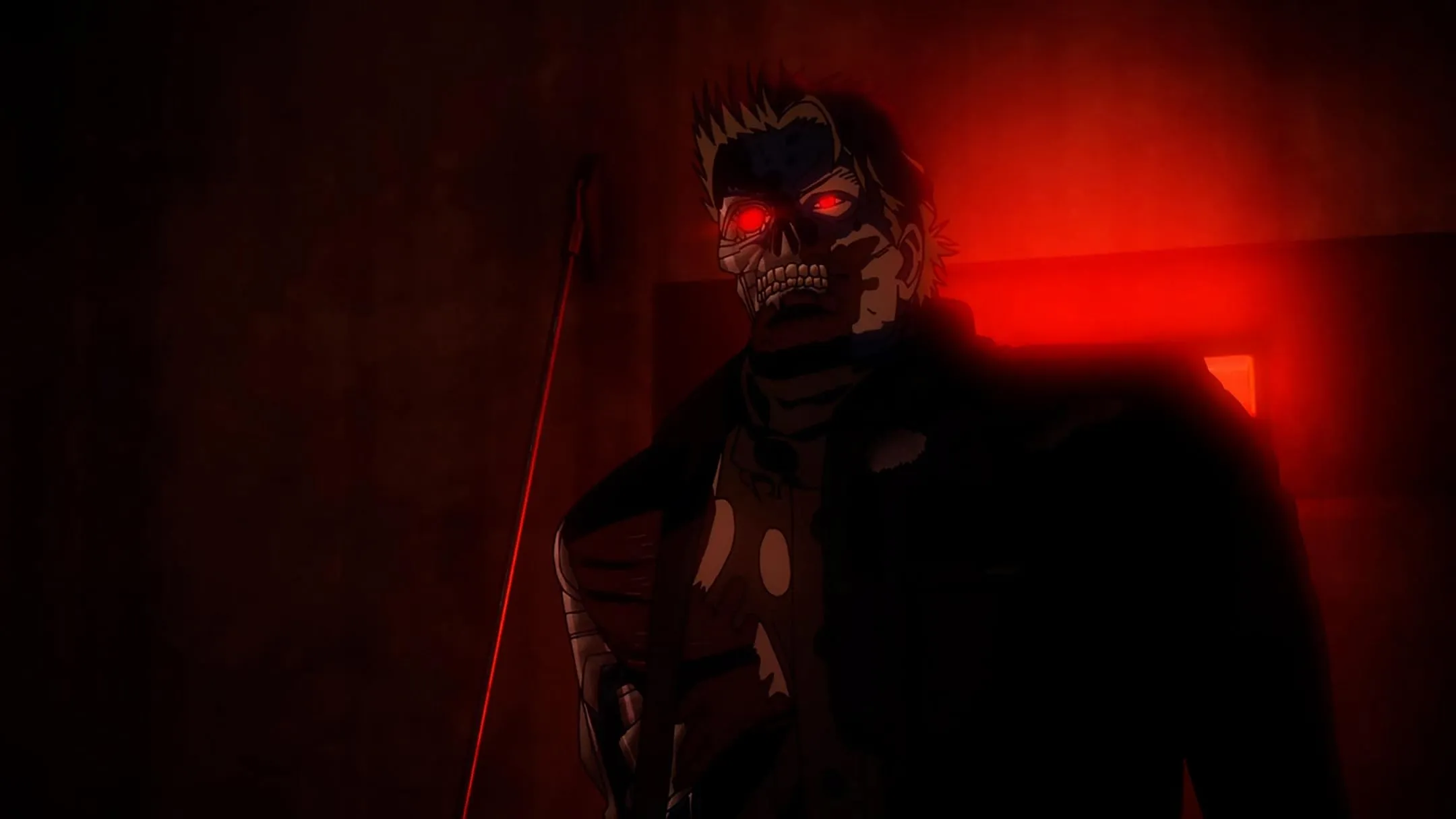
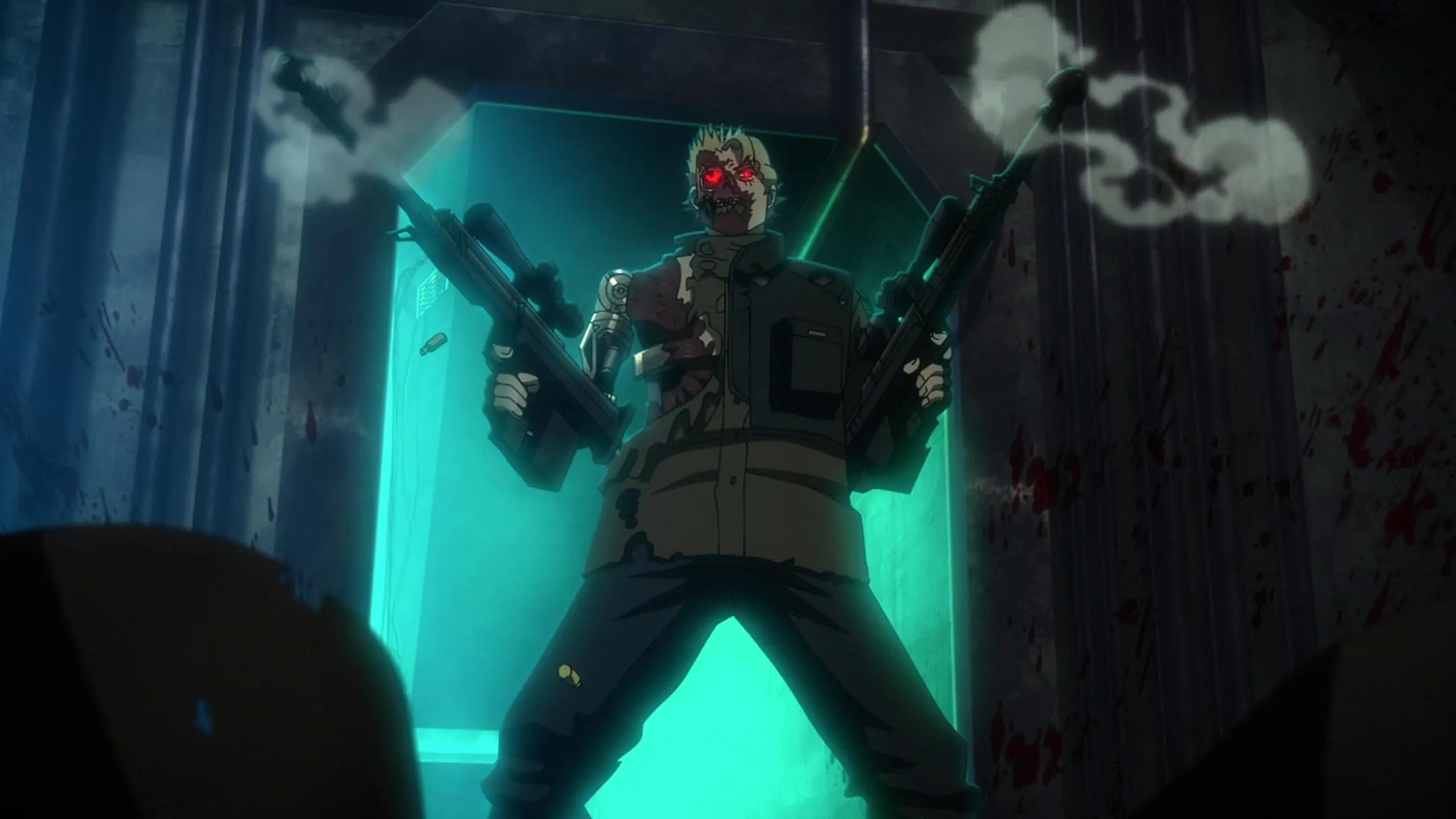
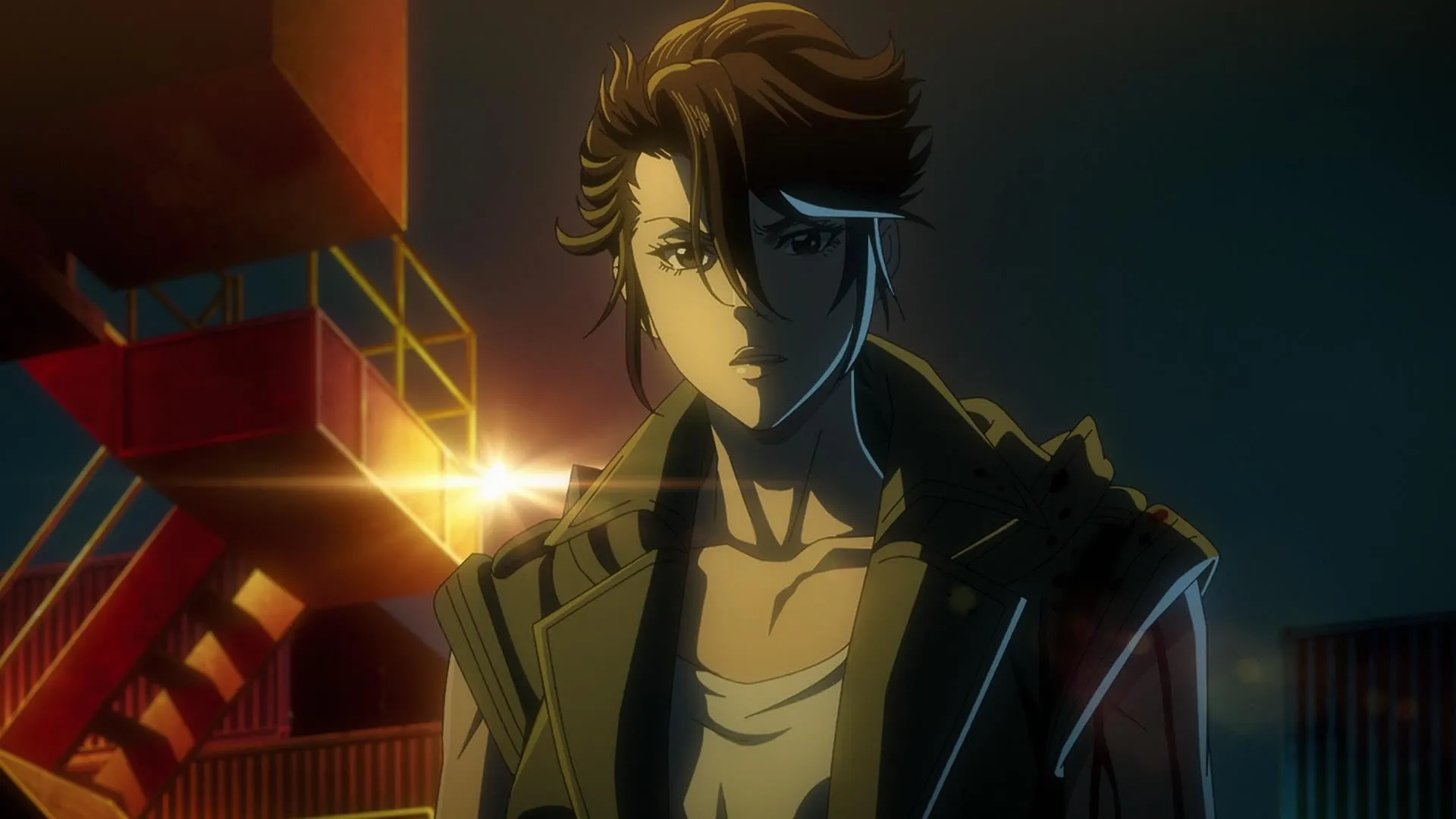
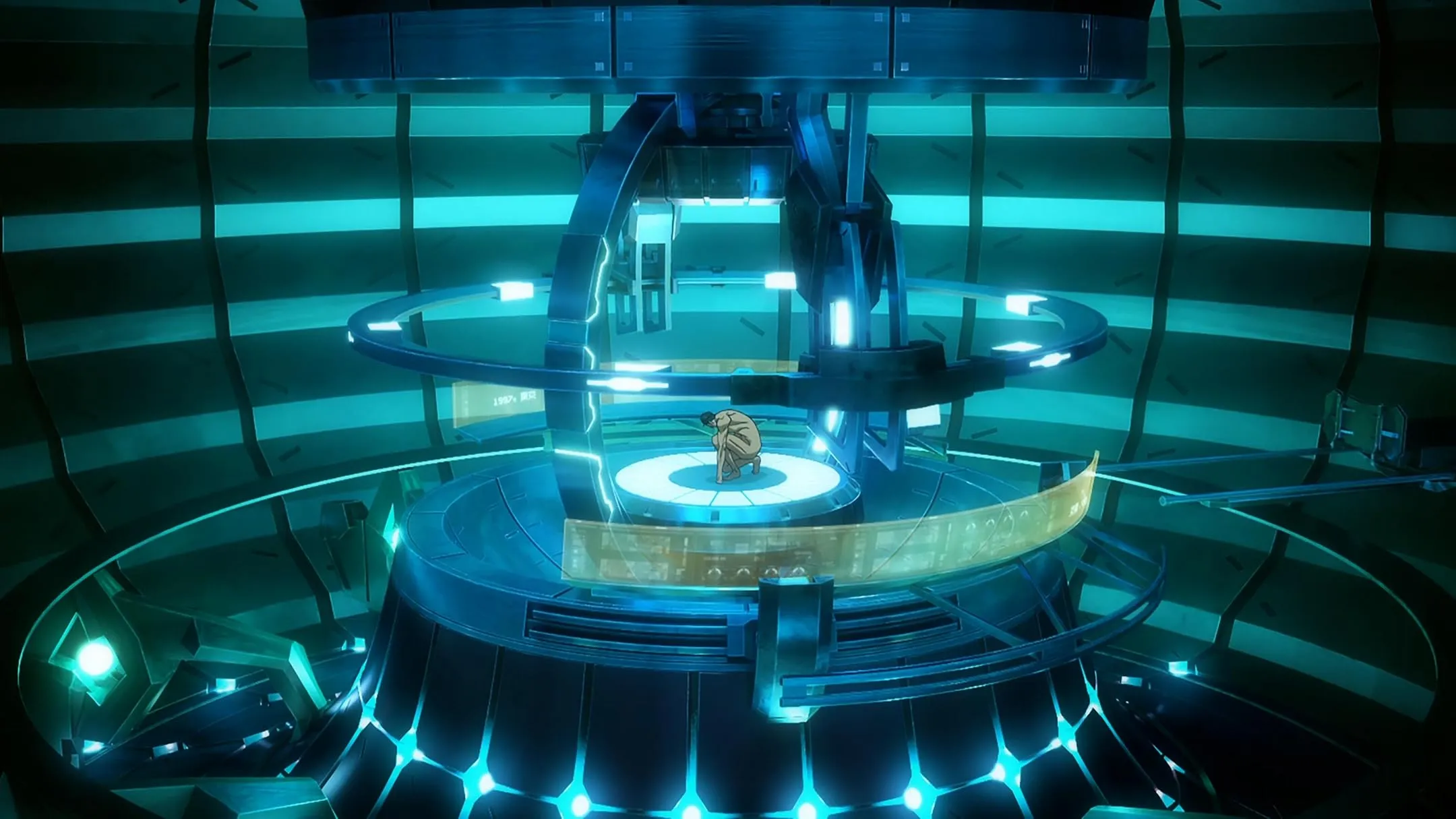
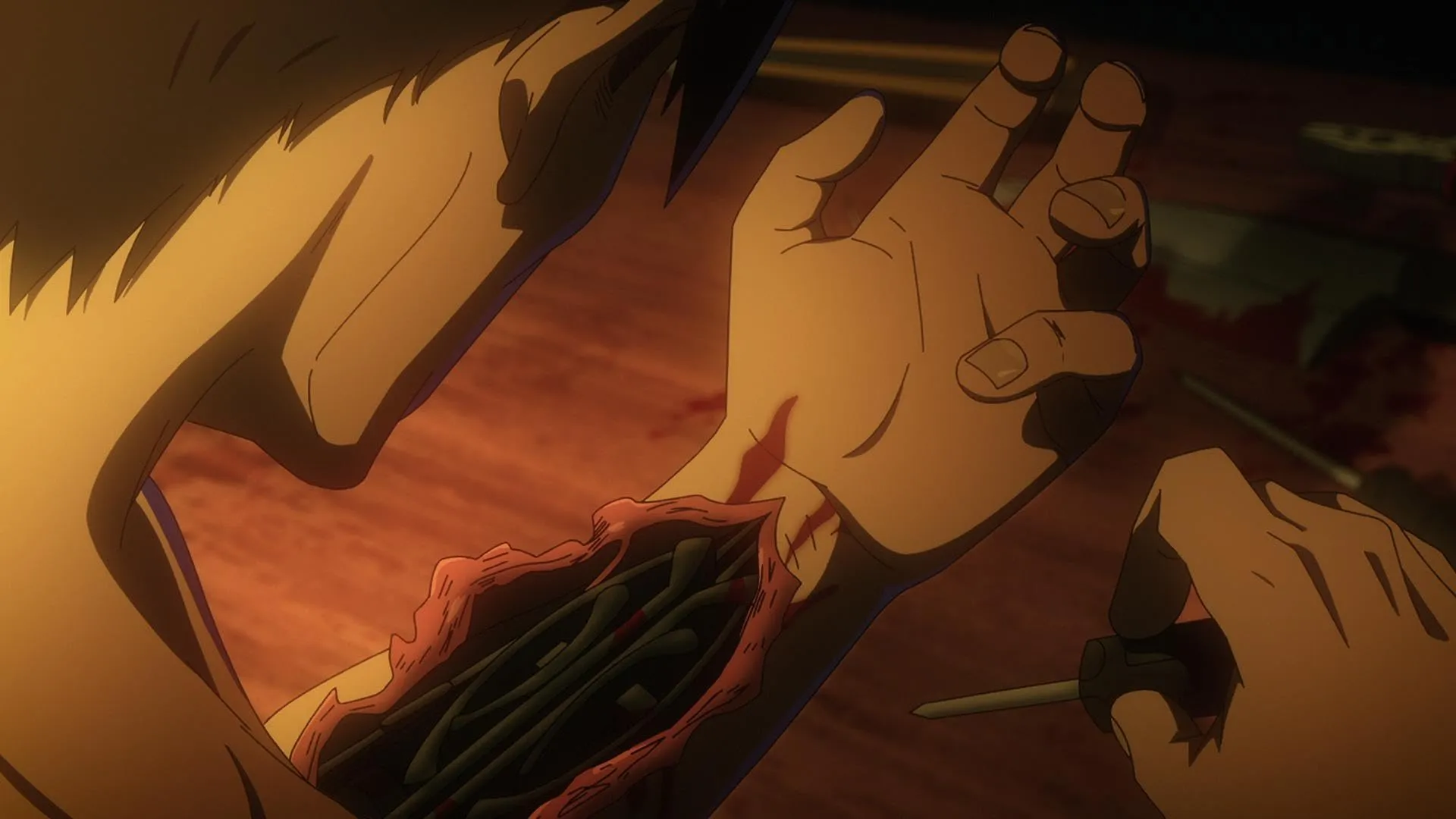








Discussion about this post